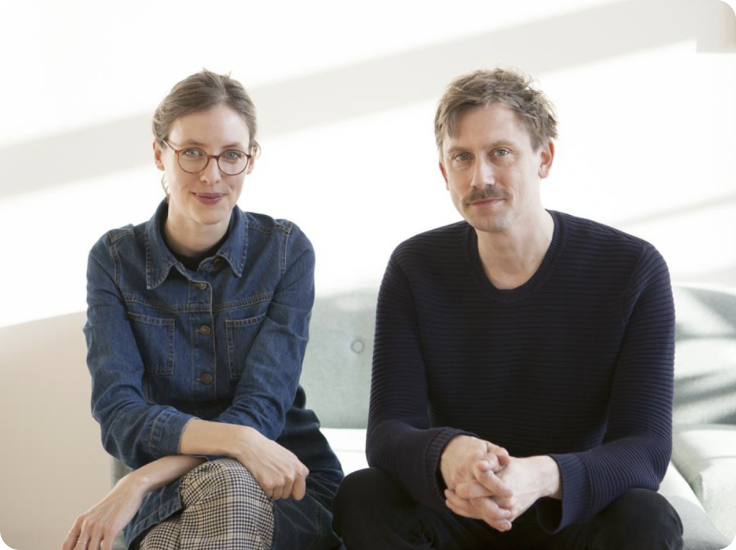

Need a therapist in Berlin Kreuzberg? As the city where It's Complicated was born, Berlin is a perfect reflection of the values of diversity and inclusion that define us. We've simplified the process of connecting with mental health professionals in Berlin Kreuzberg, offering easy online booking, personalized search filters, and a full list of top Berlin therapists, both online and offline. The philosophy of It's Complicated centers on accessibility and inclusivity, recognizing that some people feel more comfortable with therapists who share similar backgrounds. That's why it's easy to find a therapist who meets your personal needs. Want to know more about how therapy works in Berlin? Visit this blog post on finding a therapist in Berlin.
If you have specific criteria for your therapist, you can easily use our therapy search filters to locate the right professional. Search for English-speaking or German-speaking therapists in Kreuzberg by language, or filter by gender identity, religion, ethnicity, or therapy approach. If you need more support finding the perfect match in Berlin Kreuzberg, It's Complicated offers a free matching service, where our team will help pair you with a therapist based on your individual preferences. With a deep commitment to diversity, It's Complicated offers traditional methods like CBT or psychoanalysis, as well as more niche therapy types including:
There's never been a more important time to focus on your mental well-being. If therapy could help you live a better life, we provide both in-person and online sessions in almost 100 languages. With over 2,500 mental health professionals across 80+ countries, including Germany, connecting with a psychologist in Berlin Kreuzberg is simple. You can also browse therapists in other districts like Mitte, Neukölln, and Friedrichshain, or visit our Berlin directory.